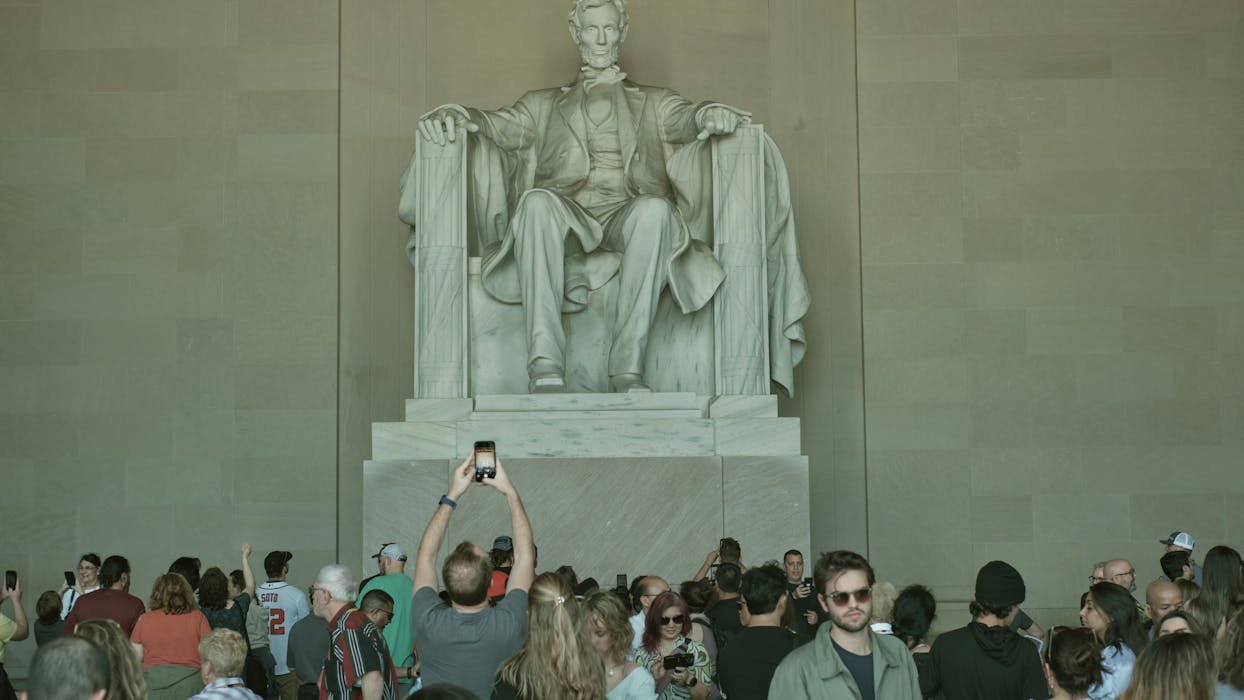Politics in the United States can be summarized in one baffling question: Why do so many Americans vote against their own economic interests? It’s a riddle wrapped in partisan tribalism, baked in identity politics, and served on a platter of fear-mongering and misinformation. Welcome to the land where rationality takes a backseat to the emotional rollercoaster of political loyalty. Buckle up.


Behavioral Economics Meets Political Theater
Let’s start with the basics. Behavioral economics teaches us that humans are not, in fact, rational actors. People buy exercise bikes that double as clothes racks, invest in NFTs of pixelated frogs, and, yes, vote for policies that hit their wallets harder than a Black Friday sale. Economists call it “irrational decision-making.” Politicians call it “strategy.”
Republicans, in particular, have mastered the art of exploiting cognitive biases. The trick? Convincing voters that tax cuts for billionaires somehow benefit their $15/hour paycheck. It’s the political equivalent of selling raincoats in the desert—except people are buying. Why? Because they’ve been told the rain is coming, and the Democrats are to blame.
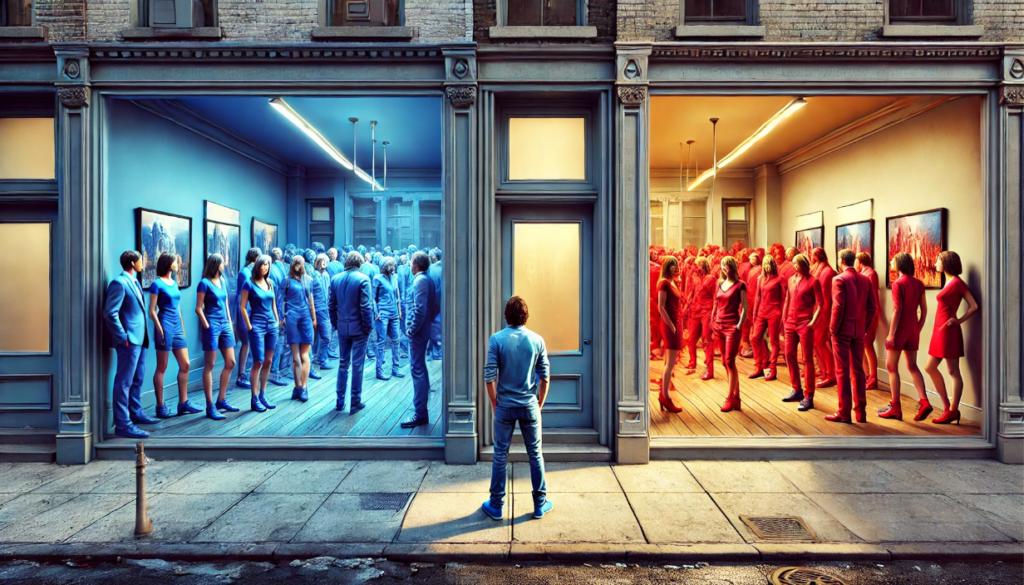
The Tribal Dance of Partisan Identity
Partisanship is tribalism in a three-piece suit. It’s not about the issues; it’s about belonging. You’re not just voting for a candidate; you’re defending your “team.” And much like sports fans, the logic of the game doesn’t matter as long as your side wins. Go, Team Red! Or Blue. Just don’t mention the national debt.
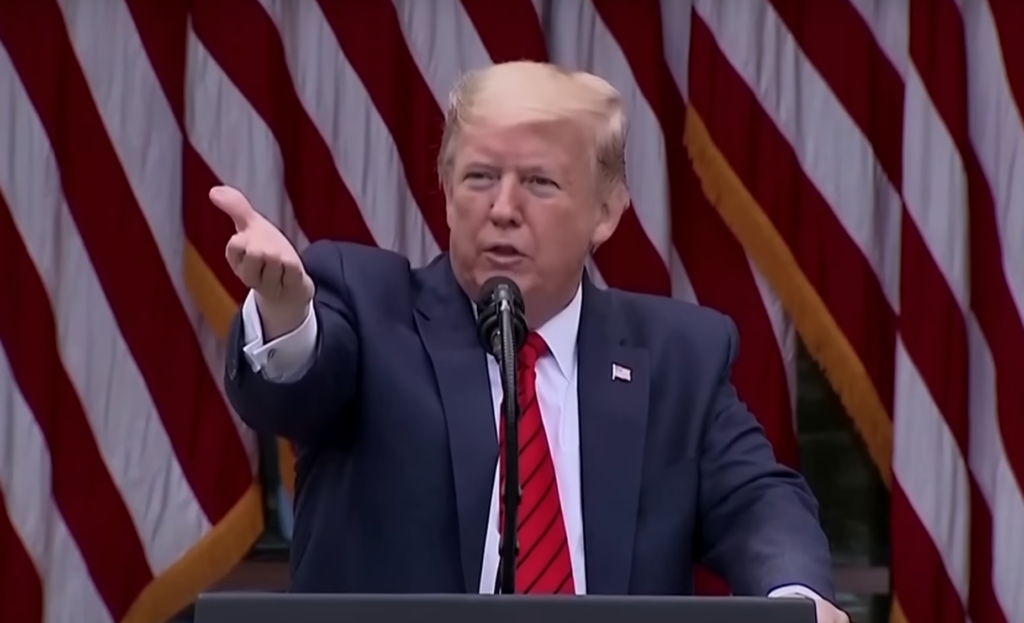
Fear Sells, and We’re All Buying
Political campaigns are less about hope and more about fear. Republicans excel at this game, painting dystopian portraits of socialist hellscapes and border crises. Democrats, on the other hand, warn of climate apocalypse and healthcare Armageddon. It’s fear porn, and voters are addicted.
Take healthcare. Many voters rally against reforms like universal healthcare, convinced it’s a socialist plot to steal their freedom. Meanwhile, they’re drowning in medical debt, unable to afford insulin. The irony is so thick you could cut it with a scalpel—assuming you could afford one.
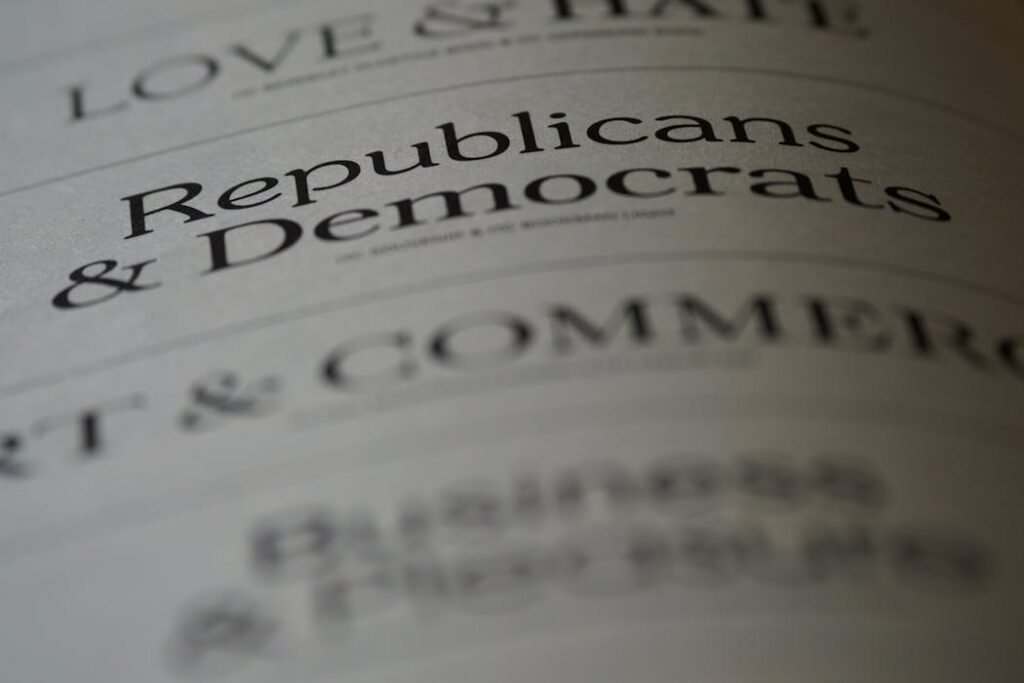
The Two-Party Stranglehold
Ah, the two-party system: where choices are limited, and nuance goes to die. Voters often pick the “lesser of two evils,” not because they’re thrilled with their candidate but because the alternative feels worse. It’s a system designed to perpetuate mediocrity and suppress innovation. Third-party candidates? Good luck breaking into this exclusive club.
This duopoly creates a feedback loop where neither party needs to excel; they just need to be slightly less terrible than the other. The result? Policies that cater to elites while voters squabble over cultural wedge issues like drag shows and gas stoves.

America, the Exceptional (at Self-Deception)
American exceptionalism plays a starring role in this theater of the absurd. Raised on myths of self-reliance and hard work, many Americans reject policies like universal healthcare and free college as “handouts.” Better to bootstrap your way to success—even if the boots are falling apart.
This cultural aversion to government assistance is the ultimate irony. Countries with strong social safety nets—like Germany or Canada—enjoy better health outcomes and economic mobility. But in the U.S., socialism is a four-letter word, and anything resembling it is dismissed faster than a bad Tinder date.

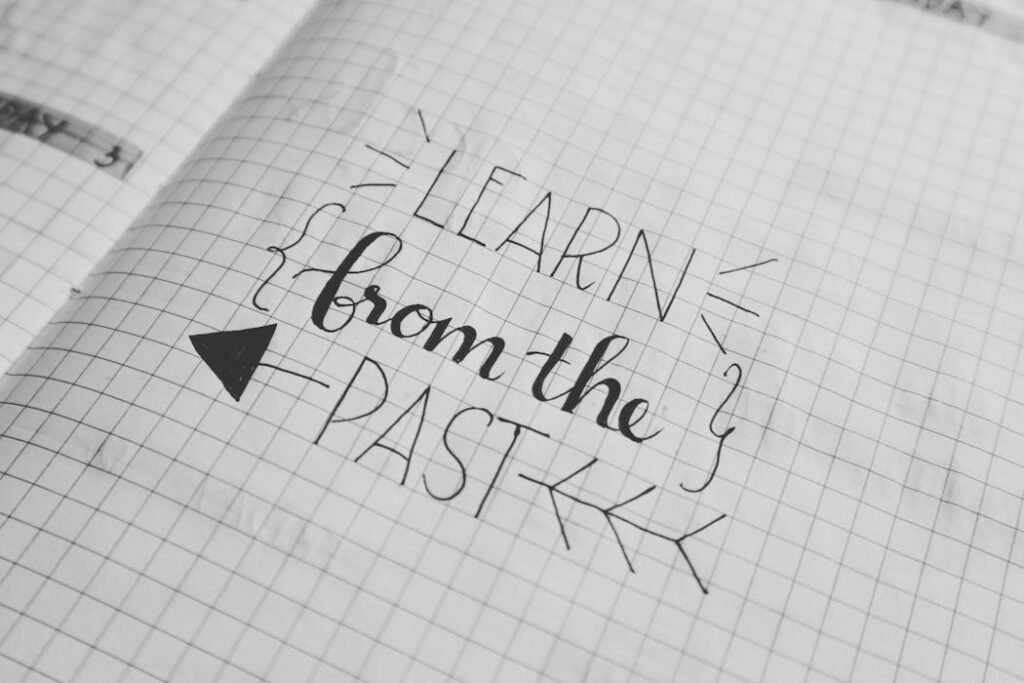
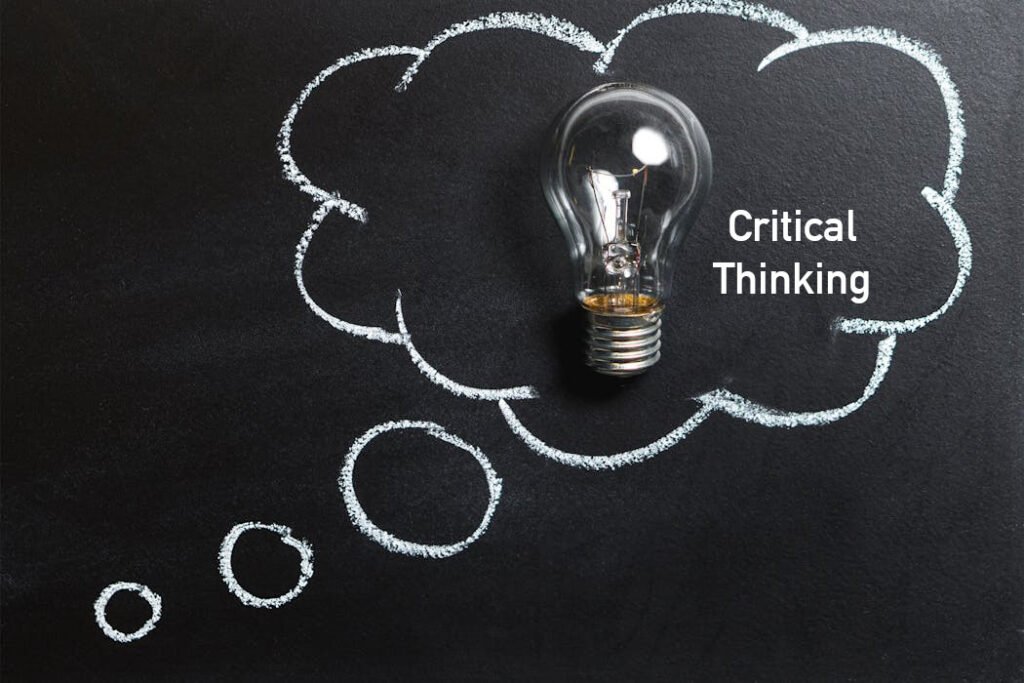
Breaking the Cycle of Self-Destruction
So, how do we escape this merry-go-round of self-sabotage? The answer isn’t easy, but it starts with education and critical thinking. Voters need to ask themselves tough questions: Are my choices driven by facts or emotions? Am I voting for policies that truly benefit me or just sticking it to “the other side”?
Until then, the cycle continues: voters cheering for tax cuts they’ll never see, rejecting healthcare reforms they desperately need, and blaming everyone but the system itself. It’s democracy, American-style: messy, irrational, and endlessly fascinating.
But hey, at least it’s entertaining.



